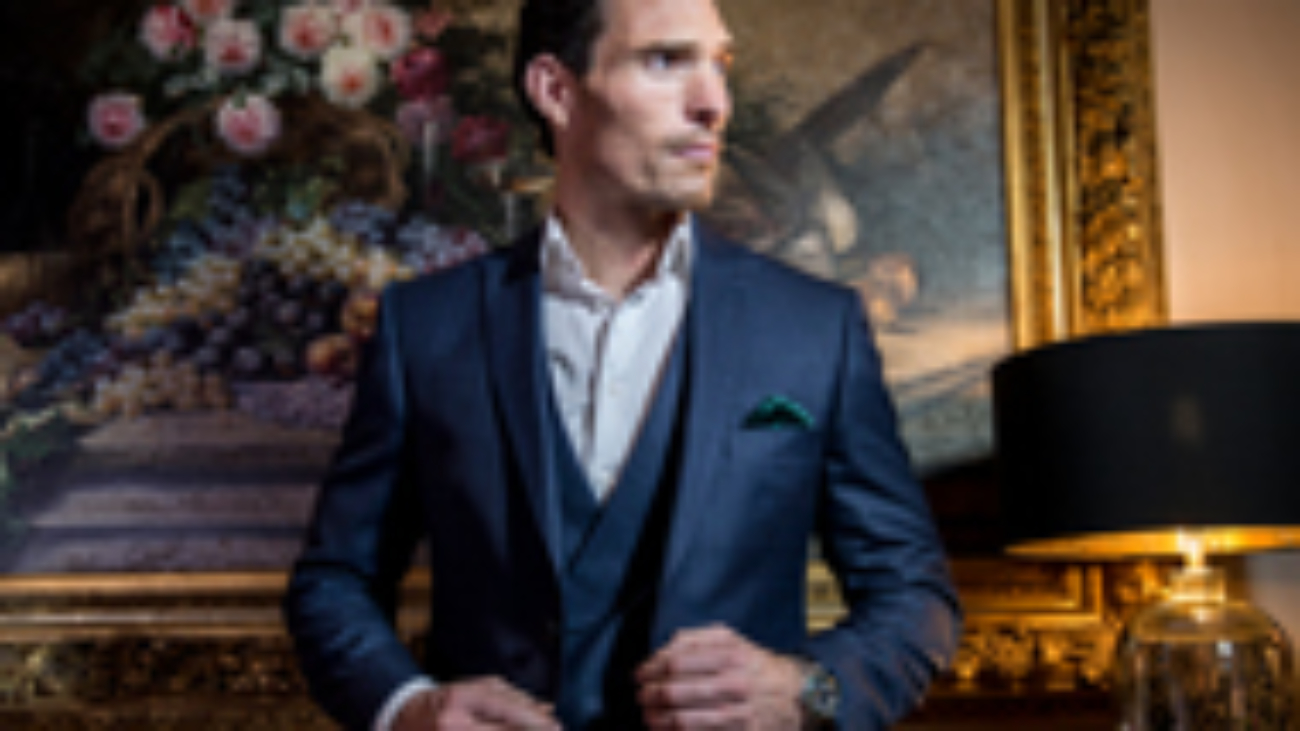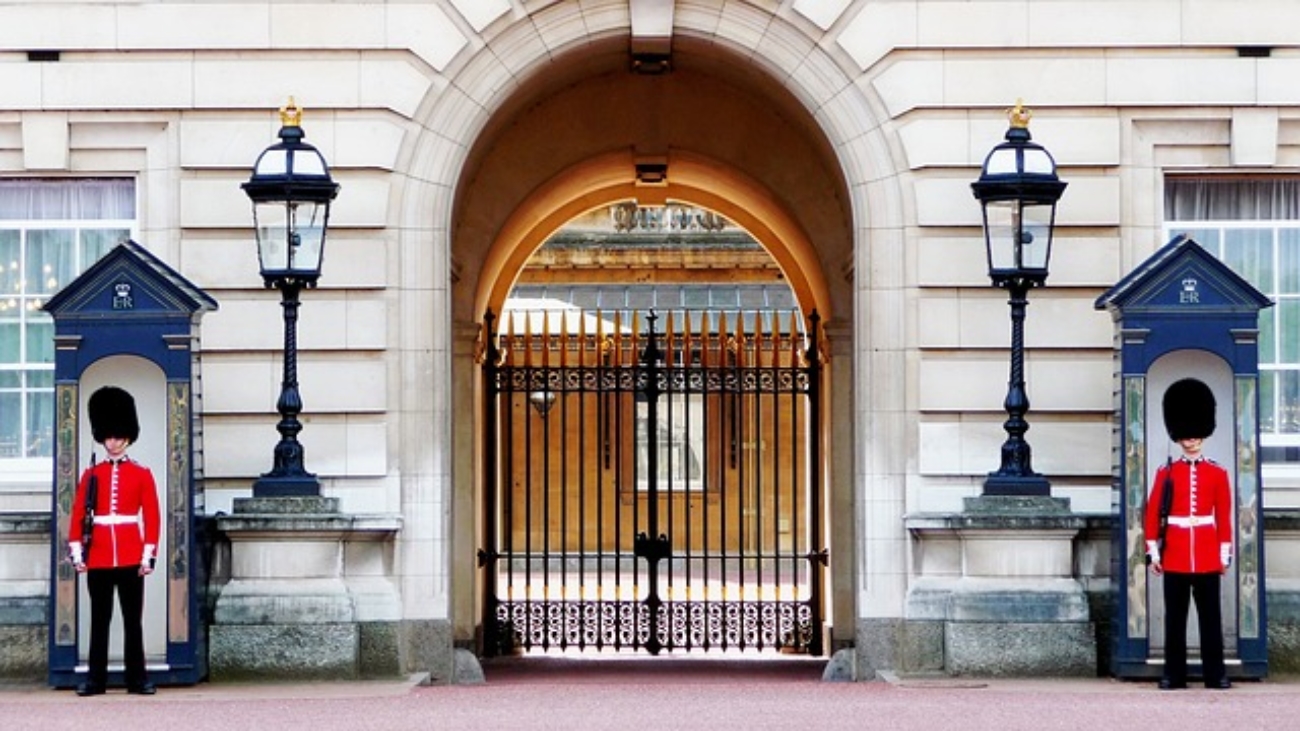Deciding what to wear for a job interview poses a challenge for many. It’s on a par with
making sure you’ve researched the company sufficiently and having answers ready for those
curveball questions.
Why it’s important to choose the right suit
You only have a few seconds to make a great first impression when meeting someone for the
first time. It’s human instinct to judge people on their appearance. So it’s all the more
important when attending an interview that you don’t start being adventurous with your
wardrobe or make a fashion faux pas. Before you start telling them about yourself and
highlighting your skills, knowledge and suitability for the role, your clothing plays a crucial role
in determining whether the interviewer/s will form a positive or negative opinion of you.
The psychological benefits
Dressing well increases your confidence and professionalism, especially for a job interview.
Studies have shown that formal attire enhances your thought processes, frame of mind and
makes you feel more authoritative. If you look great, you’ll feel great – and there’s a much
higher chance of being successful.
How to choose the winning suit
For a formal interview, you should aim to dress a level above what you would usually wear for
work, which obviously includes the role you’re being interviewed for. As you don’t want to look
over-dressed or fussy, a classic cut is the best option – this flawless style has been first
choice for many years and doesn’t change depending on the fashion trends that season.
It may seem easier to buy a ready-made suit, but this might not offer the best in terms of
quality, style of cut, durability or even price. Mass produced clothing doesn’t fit every
customer correctly. They are supposed to fit a ‘standard’ person, but this doesn’t always apply
as everyone’s size and shape is different. However, if you have to select this option, try to find
a seller/store that matches your figure the best. You can then use the services of a tailor to
make the alterations needed to make sure it fits you properly.
For the perfect silhouette and to accommodate individual requirements, the only choice is a
custom-made suit. This will ensure a perfect fit, a better shape to the chest, and eliminates
such problems as too long or short trousers or jacket sleeves, for example. It will be high
quality, comfortable and have much more of a personal feel.
Design
Trends come and go, but a classic suit never goes out of fashion. It is the simplest design
without the quirky details on-trend at that particular time. This usually means a single-
breasted two-piece suit with a two- or three-button cut (a three-button jacket looks better on
taller men), a notched lapel, and a single or twin back vent.
Fabric
It is very important to choose the right cloth for your suit. For many it can seem an impossible
task because of the huge selection of various fabrics on the market. Wool or wool blends
(with a synthetic fabric) are acceptable and suit all seasons.
Some blends help to keep the cost of a suit down, but they have more disadvantages than
advantages – they breathe less and don’t last as long. In most cases, they look very cheap
and will be unacceptable for formal occasions.
Colour
The most appropriate colours, and considered neutral for a job interview, are dark colours
such as navy blue or charcoal. If you want to wear black, I recommend you choose a fabric
with a pattern, such as thin pinstripes.
It’s always best to opt for a plain white or light pastel shirt with a non-patterned, single-
coloured tie. Avoid bright colours on ties as they can be a distraction for the interviewer. The
same applies to your socks because, yes, the interviewer will notice. Ideally, the tie should
complement the whole look and match the shirt as well as the suit.
How The Bespoke Tailor can help
With many years’ experience in the UK menswear and tailoring industry, I travel all over the
UK providing a bespoke service and a ‘Savile Row’ experience direct to my clients at their
office, home or other convenient location. I get to the heart of what my customers need and
work with them closely to design and create personalised suits and garments. Please contact
me on 07968 438717 or email adrian@thebespoketailor.co.uk if you would like to find out
more or to arrange a consultation.


